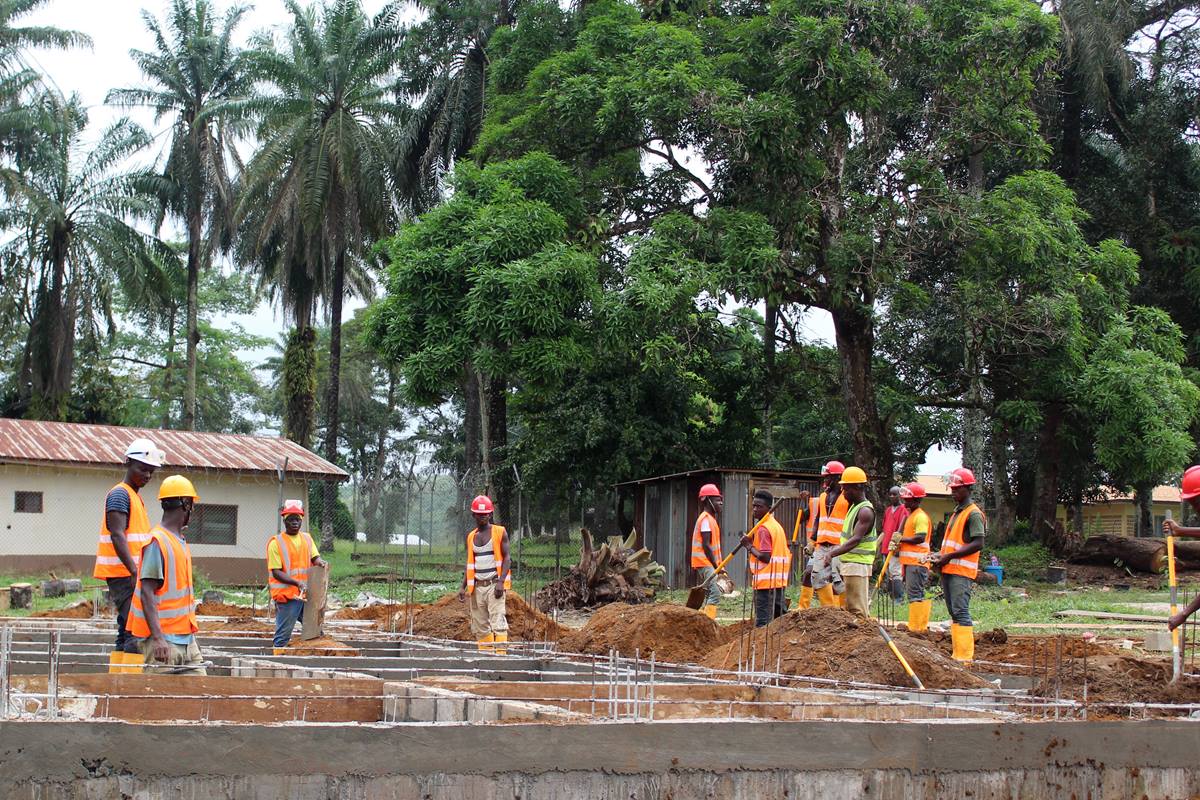UM Global Health initiated a Health Systems Strengthening program to improve quality of services at mission hospitals including Ganta Hospital.
TOM GILLEM
General Board of Global Ministries
Improving health care access is a critical need in Liberia following 14 years of conflict and the devastation caused by the Ebola crisis. Ganta United Methodist Hospital, the largest health facility operated by the Liberia Annual Conference, is playing a key role. The 100-bed hospital serves over 300,000 people in northeastern Liberia who are mostly subsistence farming families.
Extensive renovations at the hospital, including surgical, laboratory and maternity units, in addition to the prenatal clinic, kitchen and laundry, were completed with a Global Ministries grant awarded in 2017. Under the proposed second phase of the project, a $431,042 grant will include renovation of the outpatient adult ward, X-ray and dental/emergency units, construction of two duplexes to house professional staff and rehabilitation of the hospital’s plumbing/septic system.
The hospital was established in 1926 as a rural health post by Dr. George Way Harley, a Methodist missionary from North Carolina. It is now a regional referral hospital with a 24-hour emergency unit and two ambulances. Services cover outpatient/ambulatory including internal medicine, HIV/AIDS prevention, ophthalmology, orthopedics, surgery, obstetrics and community-based primary health care.
Ganta Hospital is included in the Liberia General Advance Projects section of EngageMI, the mission guidebook of The Michigan Conference.
“The Health Systems Strengthening program became such a priority because we want to make sure these facilities have all of the infrastructure upgrades, the safe equipment, and the medications that they need to provide essential services to reduce the number of people dying from causes that can be prevented,” Salvador-Davila said. “It’s not just about buildings being completed. It’s about the significance of these health facilities in these rural, underserved communities where nobody else is providing health services.”
Last Updated on October 31, 2023

